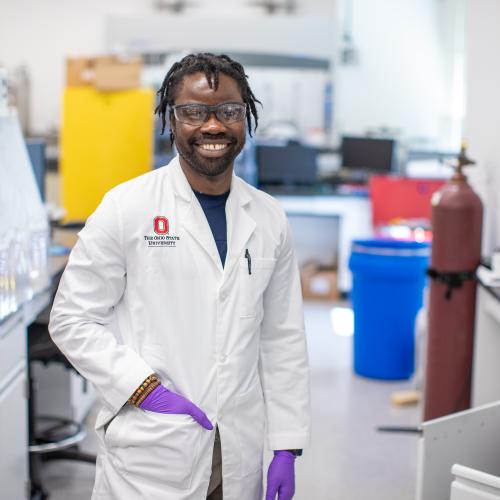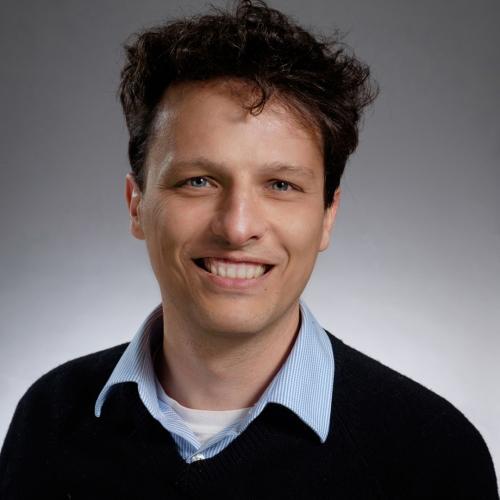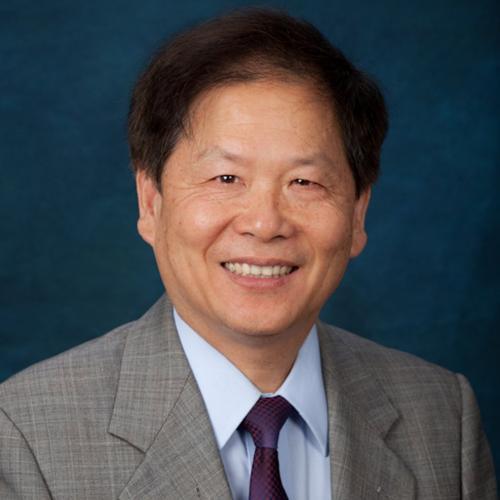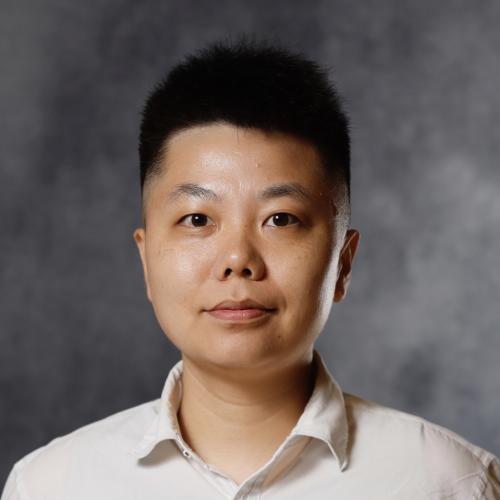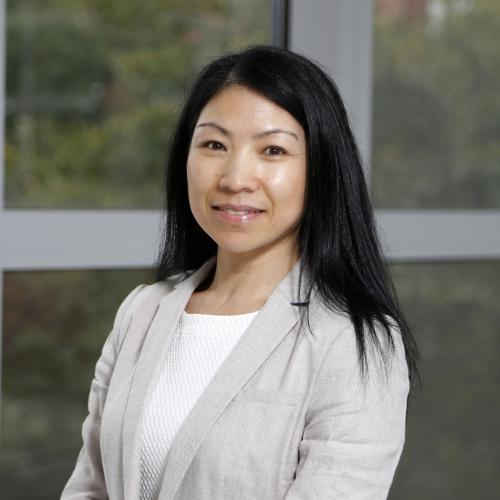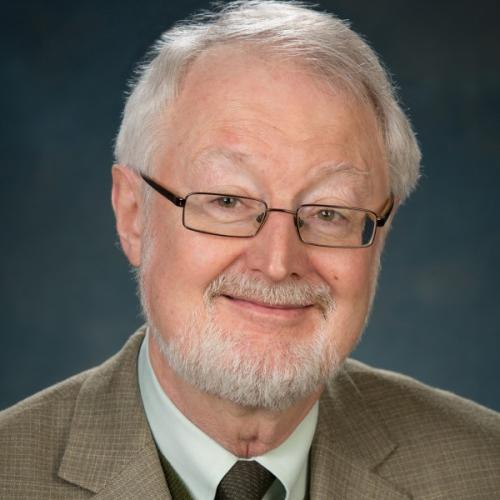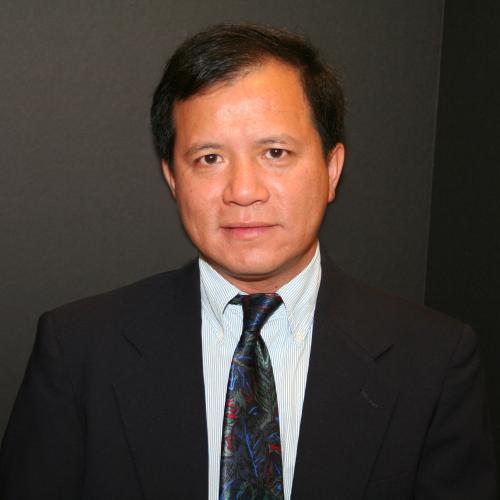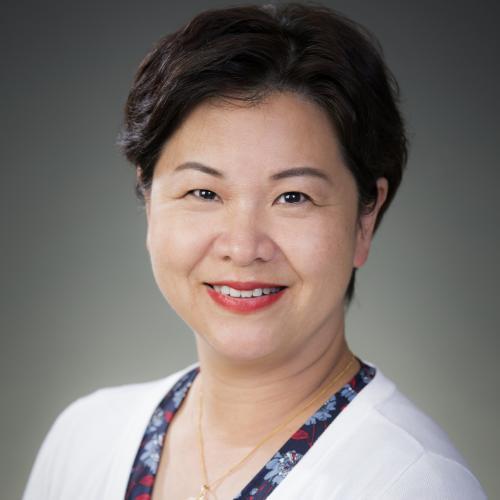Daniel Adu-Ampratwum, PhD
Research Assistant Professor
Many organic small molecules serve as drug leads for drug discovery and drug development programs. Understanding the structure and mechanism of action of these small molecules is essential for drug lead optimization. Also having a reliable synthetic access to these organic small molecules is important to aid in SAR studies and lead optimization in the search for new drugs for various diseases. Dr. Adu-Ampratwum's area of interest includes exploring novel synthetic methods for the synthesis of small organic molecules as lead compounds for drug discovery. His current research area focuses on designing and synthesizing small molecules to study HIV and cancer biology and as potential therapeutics.
Other research areas:
Division of Medicinal Chemistry & Pharmacognosy,
Chemical Synthesis
